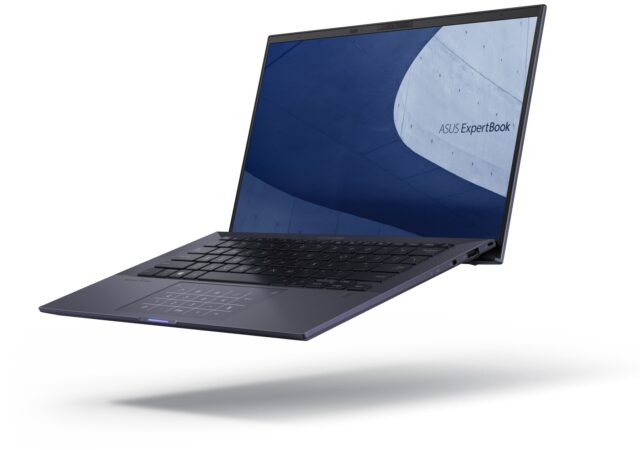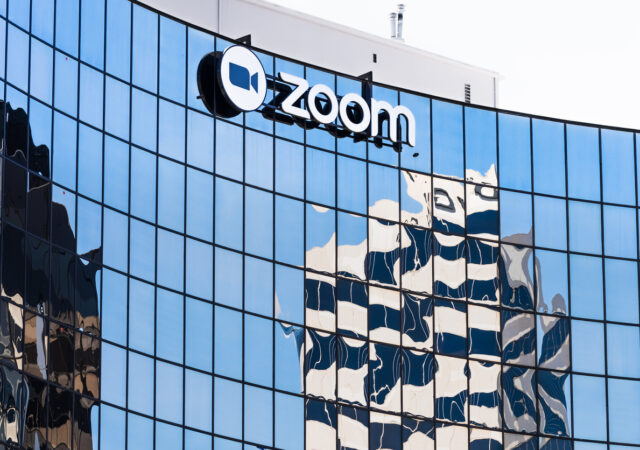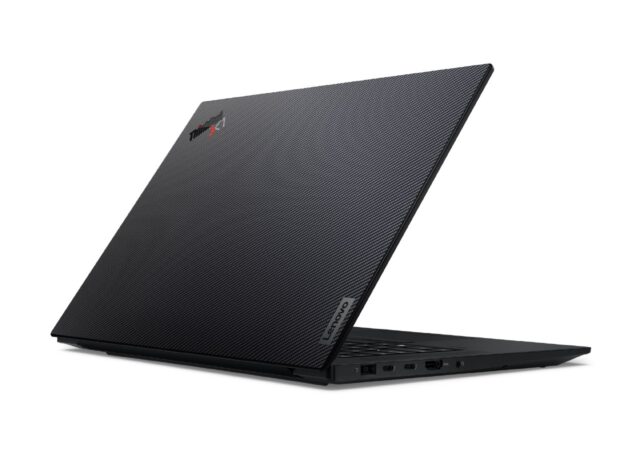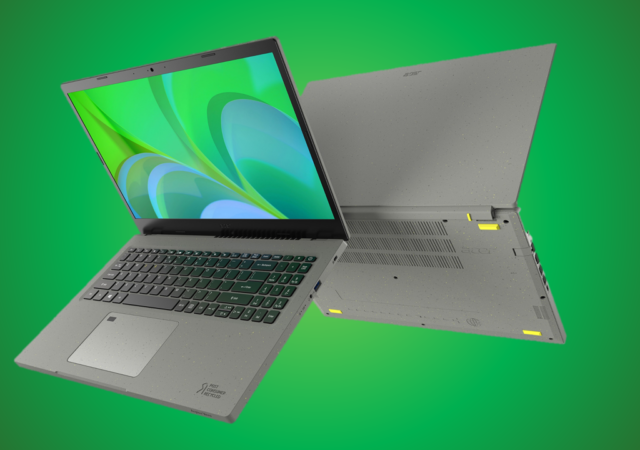Facebook’s Giphy investigation probed investigation by UK regulators. Key findings might undo the acquisition.
Keeping Up with the Pace of Innovation with the Cloud
Speed and innovation go hand in hand when it comes to a company’s need to stay relevant. How can a this be achieved?
ASUS Launches New ExpertBooks for Modern Experts
ASUS Launches the new premium line-up of ExpertBook laptops for professional business use with Intel’s 11th Gen processors.
5G, Industry, & Collaboration at the Edge
Companies continually need to be at the forefront. With the emergence of edge computing and 5G, the need for collaborative innovation is even more prevalent.
Vigilance is Crucial for Businesses in Dealing with Modern Malware
With ransomware evolving so quickly, businesses must be ever vigilant or risk losing their reputation and assets.
Zoom Acquires KITeS, a Real-Time Translation AI
Zoom acquires KITeS, a real-time translation and transcription solutions provider to integrate their AI into the video conferencing platfrom.
[MWC2021] Lenovo’s ThinkPad X1 Extreme Gen 4 is the Stealth Powerhouse for You!
Lenovo launches their most powerful ThinkPad ever at MWC 2021; the ThinkPad X1 Extreme Gen 4 packs Intel’s 11th Gen Core i9 and NVIDIA’s GeForce RTX 3080.
Dell Technologies Steps Closer to Carbon Neutrality with the Largest On-site Solar Panel
Dell Technologies installs the largest on-site solar panel at their Asia Pacific Customer Center in Penang, Malaysia, bringing them closer carbon neutrality.
Cloud, 5G, Machine Learning & Space: Digital Trends Shaping the Future
The business world is being shaped by the adoption of cloud technologies as companies continue their digital transformation journeys. What comes next?
[Next@Acer 2021] Acer Commits to Sustainability with new Aspire Vero
Acer unveils a sustainable laptop: the Aspire Vero while committing to becoming a company running on 100% renewable energy by 2035.

















